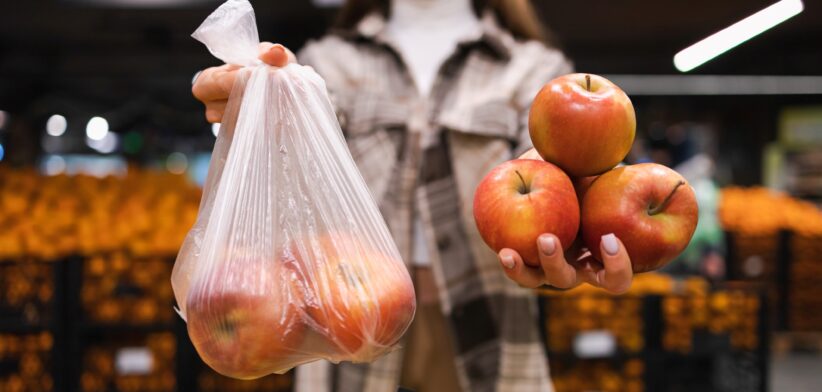Retailers are calling for a co-ordinated national approach to phasing out of single-use plastics, as new bans come into effect in South Australia and Western Australia next week.
Australian Retailers Association (ARA) CEO Paul Zahra said national alignment and a more common-sense approach to legislation was needed.
Mr Zahra said plastic reduction was a key focus for retailers, but an inconsistent government approach created inefficiency and higher costs.
From September 1, South Australian retailers are banned from using plastic barrier bags, thick supermarket or boutique-style plastic bags, single-use plastic beverage containers, including coffee cups, expanded food and beverage containers including gelato tubs, and polystyrene trays used for meat, fruit and other food items.
On the same date, in Western Australia, plastic produce bags for loose fresh fruit and vegetables, lids for disposable food containers, bowls, plates and trays will be banned.
“Retailers recognise the importance of meeting environmental harms and support the bans despite higher costs associated with the rollout,” Mr Zahra said.
“However, the fragmented state-by-state approach to managing the bans means this transition has been more costly and taken longer than necessary.”
Mr Zahra said to help retail businesses navigate these changes, the ARA had developed an online resource, including on-demand webinar content and an overview of bans across the country.
He said the ARA had raised broader concerns that the alternatives currently available to replace some of the items to be banned in WA and SA were not fit-for-purpose for hospitality and quick service restaurants.
“We believe the alternative packaging these changes are forcing some retailers to use increase food safety risks and present an unreasonable burn risk to employees and customers.
“Our transition to more sustainable packaging must not have the unintended consequences of creating food safety risks and consumer risks. We are advocating for government to take an ‘education before enforcement’ approach to these bans,” Mr Zahra said.








